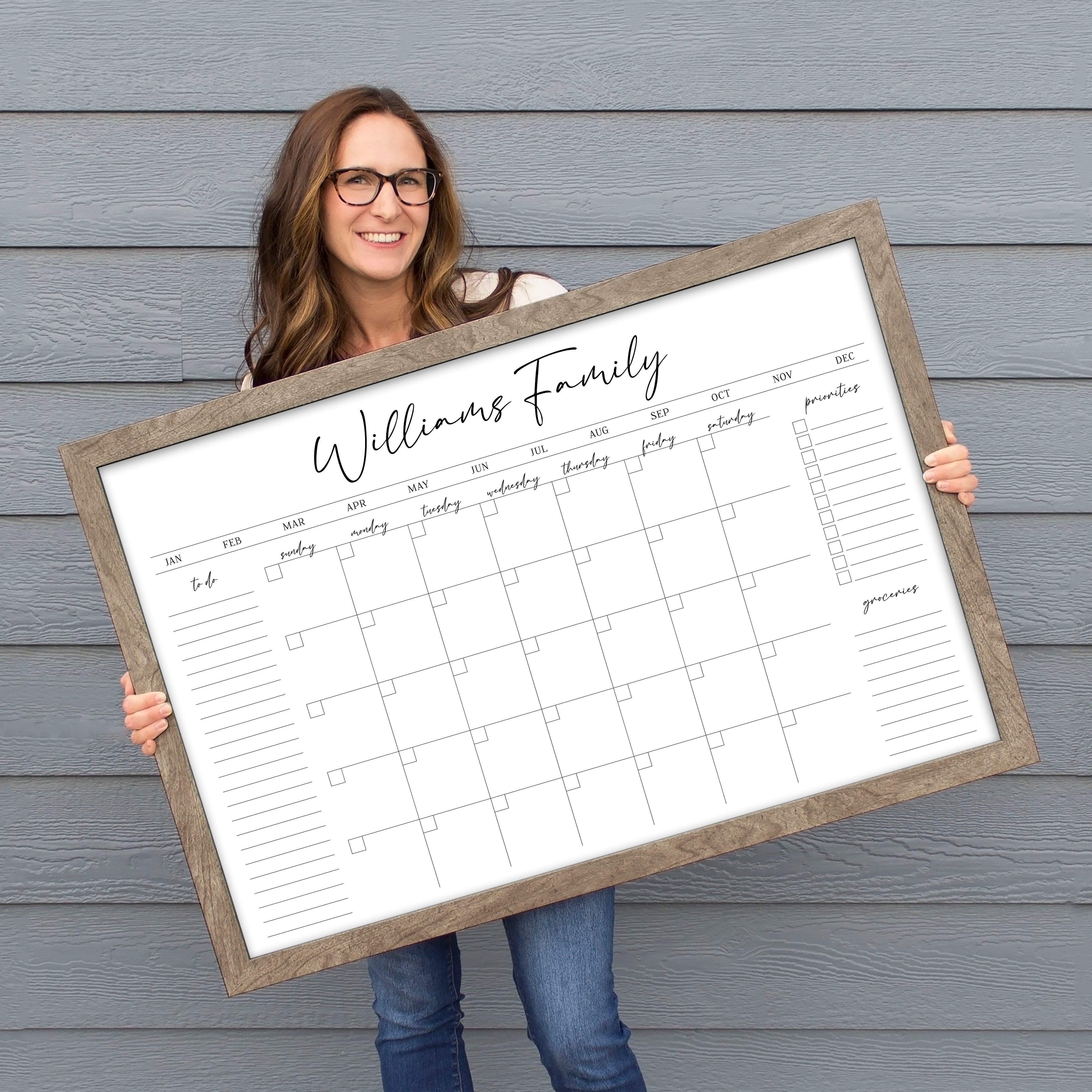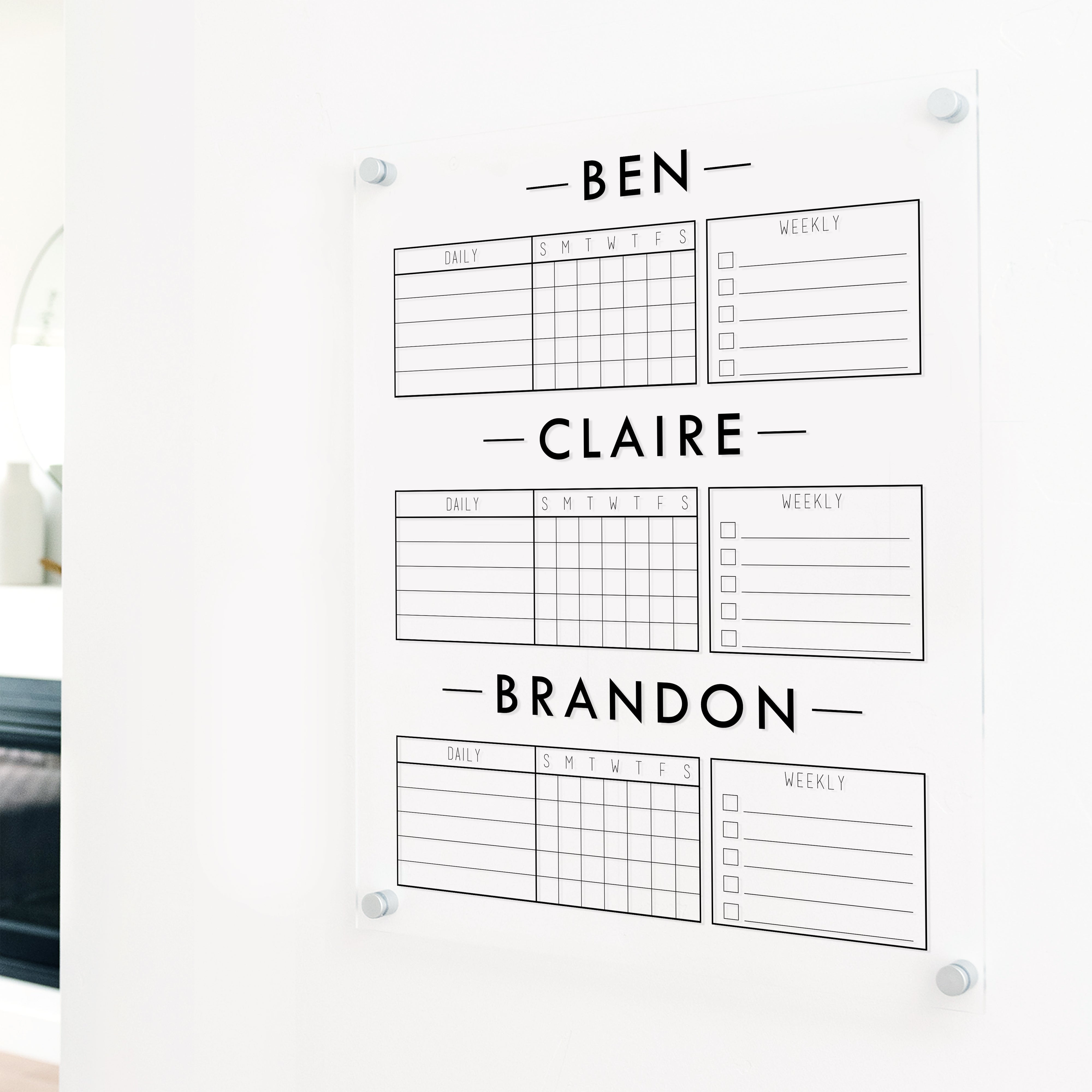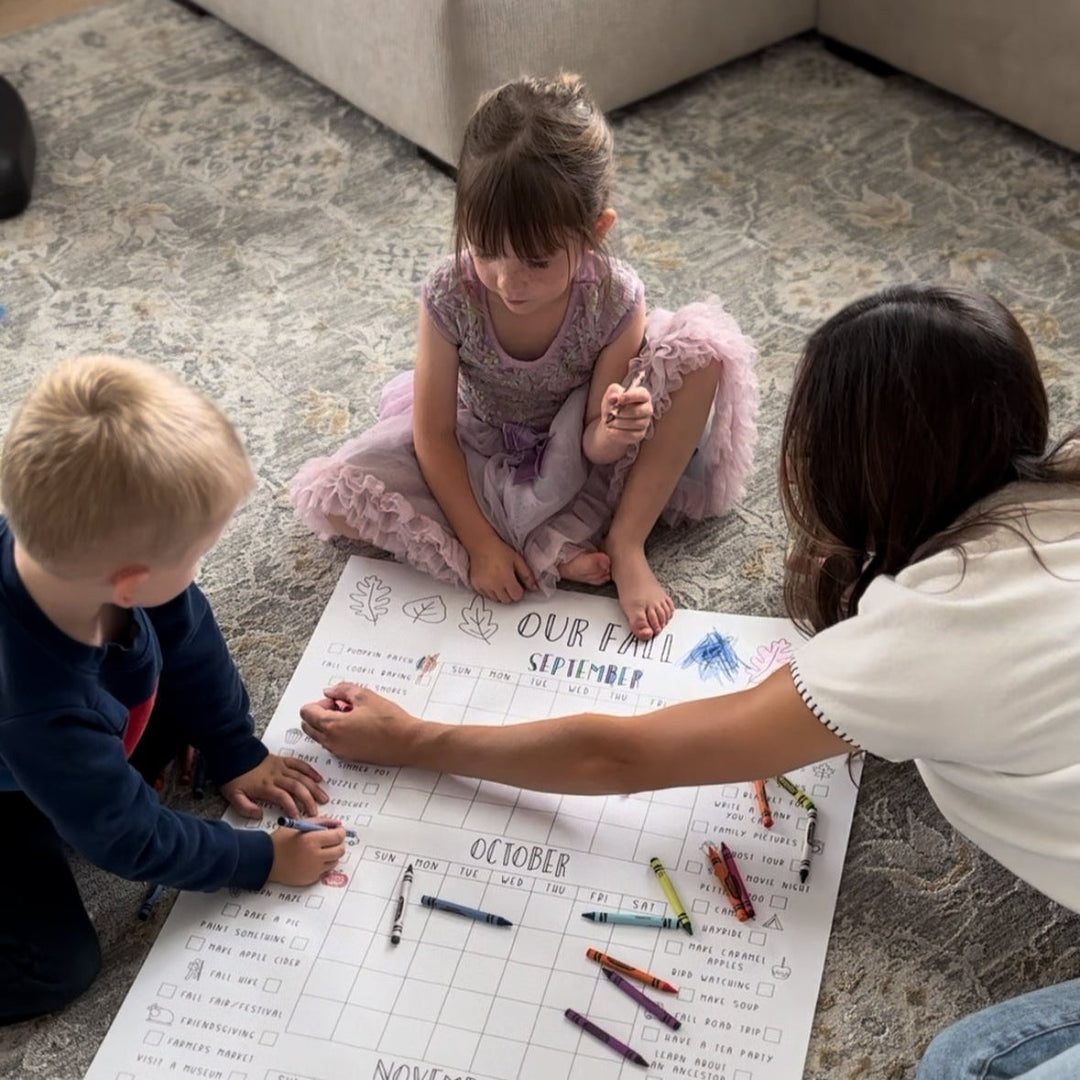Celebrating World Listening Day with the 3 S’s: Safe, Seen & Soothed
How Emotional Connection and Listening Can Transform Your Chore Charts and Parenting Style
At Circle & Square, we included World Listening Day in our Snazzy Summer Stickies collection because we believe the world deeply needs more listening — in our homes, in our relationships, and within ourselves.
While the traditional meaning of World Listening Day centers around being still and tuning in to the natural world, we wanted to take it further. As a former nanny of 6 and now a mom of 4 for the past 10 years, I’ve learned something powerful: children listen best when they feel heard first.
The 3 S’s of Emotional Listening: Safe, Seen, and Soothed
These aren’t just therapy buzzwords — they’re foundational needs. When any one of these is missing, adults and children alike can "act out" or shut down. These are the pillars of emotional safety that help humans thrive.
1. Safe
Feeling safe is about more than just physical safety. It's emotional too. Children need to know that even if they're angry, frustrated, or sad — they're still loved, supported, and accepted.
"You're allowed to feel mad right now. I'm still here, and I still love you."
This kind of safety builds trust and lowers defensiveness. It’s the soil where listening can grow.
2. Seen
This means acknowledging your child’s experience — even if you don’t agree with it. When you say, “I see you’re really frustrated,” you're not giving in — you're giving empathy.
With our chore chart system, we prioritize being seen. We hold family meetings where we ask questions like:
-
“What chores do you think you’re really good at?”
-
“How should we divide things up fairly?”
-
“What time should everything be done by?”
Giving kids a voice — even in chores — makes them feel valuable and increases their buy-in.
3. Soothed
Soothed doesn’t mean always fixing the problem. It means helping them regulate. A calm voice. A reassuring hand. An understanding nod.
When your child is melting down over laundry or dishes, sometimes all it takes is:
“It looks like today’s a hard day. Want to do it now or in 15 minutes?”
By offering calm, consistent boundaries, you're helping them learn emotional regulation and decision-making.
Chore Charts That Work (Because They're Rooted in Listening)
Chores are more than task lists — they're opportunities to teach accountability, teamwork, and life skills. But when kids feel unheard, it quickly turns into a power struggle.
That’s why our chore chart approach is collaborative, empathetic, and built on natural consequences. Here's an example of our “choice-based” method:
“Hey Bryce, your chores aren’t done. Want to do them now or in 15 minutes?”
[15 min later…] “You said you’d do them. If I do them instead, I’ll be too tired to drive you to your friend’s house later.”
No yelling. Just respectful, calm choices. And guess what? They get it — and they respond.
Listening Isn’t Just for Kids — It’s for Us Too
Throughout the year, I individually ask my kids:
“What’s one thing you wish I did better?”
Sometimes the answers sting — “Do fewer chores!” — but instead of reacting, I get curious:
“Why do you think we have chores?”
“How do they help our family?”
“What could make it more fun?”
This opens real conversations. And almost always, they flip the question back:
“What can I work on, Mom?”
And that’s the power of listening — it transforms not just behavior, but connection.
Let’s Raise Better Listeners by Being Better Listeners
This World Listening Day, let’s commit to more than silence. Let’s commit to deep, present, meaningful listening — with our kids, our partners, and ourselves.
Let’s make our homes places where everyone feels Safe, Seen, and Soothed.
✨ And maybe even get the dishes done without the drama.






Leave a comment